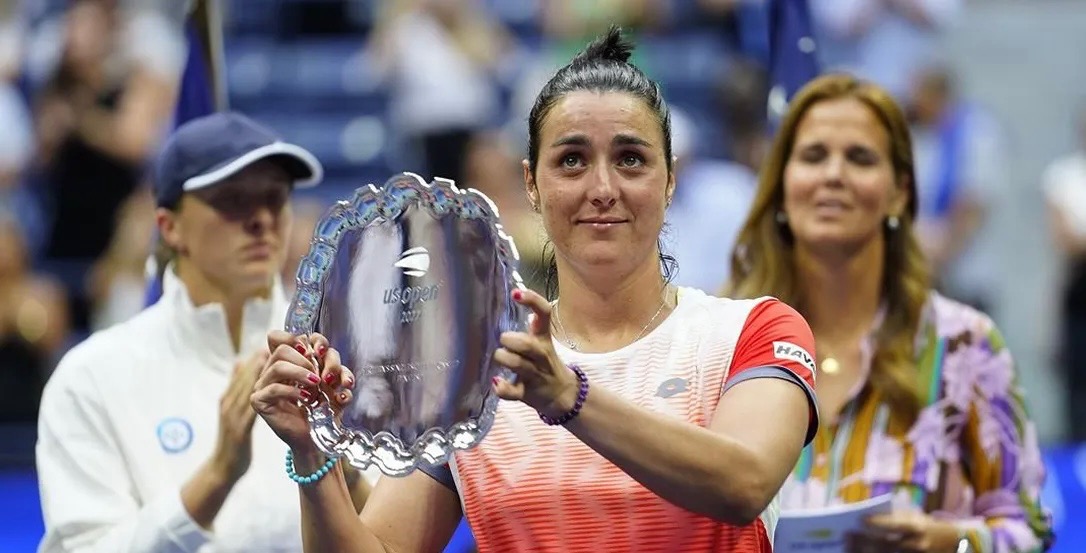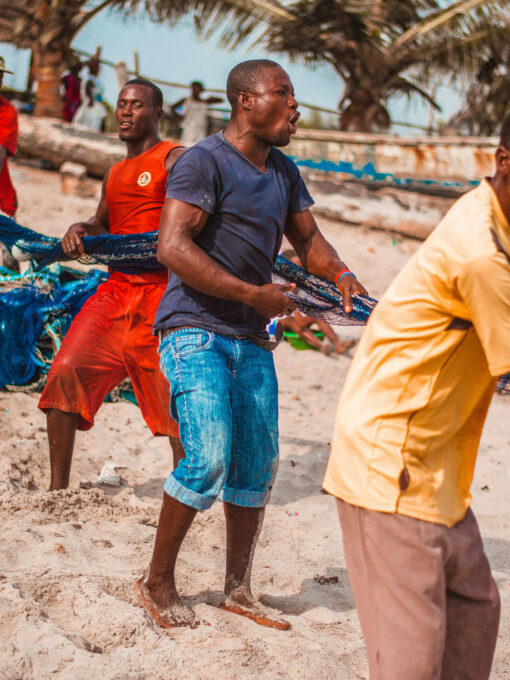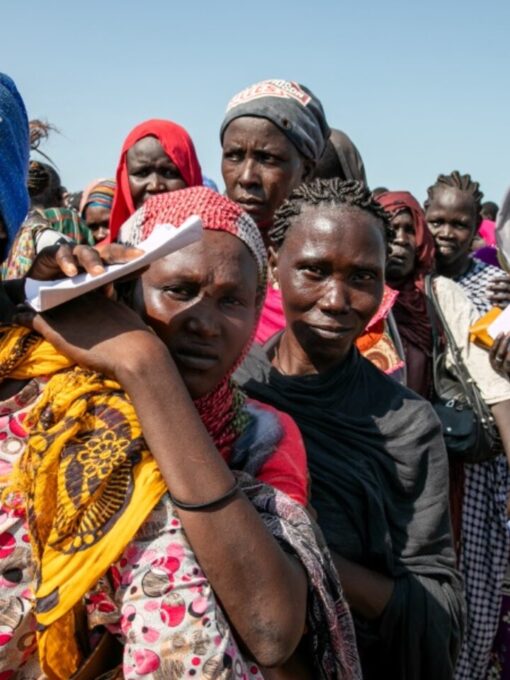In this modern era of tennis, there have only been a handful of Africans who have reached top status. And when you narrow the list down to female players, that roster gets smaller and smaller. Ons Jabeur, who is currently ranked number two in the world, is one of those inspiring stories. In fact, her country in North Africa, Tunisia, has christened her their “minister of happiness.” She brings hope and a new spirit of optimism to her home country in the form of tennis. A place normally narrowly focused on soccer has now become a pool of tennis enthusiasts, cheering her in proud unison.
Jabeur just became the first African woman to reach the finals of the US Open. Her momentum and rise has been predicted by her previous performance, just before this tournament, in Wimbledon. Ons lost in the finals of both Wimbledon and the US Open, but each was such a feat on their own. Now, ranked at number two in the world, she is favored by everyone from former tennis great Andy Roddick to Seal.
Throwback when I met the amazing @Seal ❤️ pic.twitter.com/ATiAMMmQNV
— Ons Jabeur (@Ons_Jabeur) November 1, 2021
“…When I saw [Seal], it was, like, ‘Hi, how are you? It was nice to see you.’ He was very happy, he hugged me, talked about Wimbledon. We talked a little bit about how I inspire Africa, and he was very satisfied with that and he pushed me to continue more and really motivated me.”
(A quote from Jabeur about being seen chatting with Seal at this year’s US Open in the Flushing Meadows.)
The thrilling events have laid the groundwork for her continued rise – to transform these never-before-gained feats in her career into an even bigger milestone, the number one spot. Compounded by the first US Open finals appearance for African women, Jabeur is expected to bring this success climb into next year’s Grand Slam schedule.
New York, it was real!! ❤️🗽
Thanks for these two unforgettable weeks. Your support has been incredible and precious. I can’t wait to be back here. #USOpen pic.twitter.com/iJsOmPlhvx
— Ons Jabeur (@Ons_Jabeur) September 11, 2022
Ons will be vying for that number one spot, but it won’t be easy. She is just behind her US Open finals contender, Iga Swiatek of Poland, who is currently leading the rankings at number 1 by 5,275 points. In order for Jabeur (who currently holds 5,090 ranking points in the second spot) to knock Swiatek (who currently holds 10,365 total ranking points) out the top spot, she will need to win a combination of Grand Slam and WTA tournaments next year, while Swiatek would have to lose in the quarterfinals, or before, in each tournament. Actually, it is much more intricate than this. The breakdown requires players to lose points as well. If you’d like to follow along Jabeur’s ranking journey, you can map her successes on the WTA (Women’s Tennis Association) website.
The winner of each grand slam adds 2000 points to their overall ranking score. And in order for Jabeur to earn enough points on her own, she’d have to win at least three grand slams at 2000 points each, bringing her score to 11,275. BUT, Swiatek would have to lose all grand slams, as well as NOT earn more than 909 points. This means that Swiatek would have to be knocked out of each tournament before or during the quarterfinals, and only end one with one semifinals win, or some combination that leaves Jabeur in the top spot for points. This is only a simplified version of events to give you an idea. The total points and ranking system is much more complex than this, but hopefully this provides a basic overview of how much each feat means for Jabeur and Africa. So to join in unison with Tunisia, let’s go, Jabeur.
If you would like a full rundown of tennis rankings, scoring and more, this guide will help put everything into perspective.





 Space Junk in Kenya Village Reopens Space Safety Matters
Space Junk in Kenya Village Reopens Space Safety Matters  The Long Wait for Justice in Kenya’s Police Violence Cases
The Long Wait for Justice in Kenya’s Police Violence Cases  Curfew and Deaths in South Sudan after Revenge Attacks
Curfew and Deaths in South Sudan after Revenge Attacks  The Human Cost of Illegal Mining in South Africa
The Human Cost of Illegal Mining in South Africa  Miraculous Survival: Eight-Year-Old Endures Five Days in Lion Territory
Miraculous Survival: Eight-Year-Old Endures Five Days in Lion Territory  TIME’s 2024 Kid Of The Year Heman Bekele: A Young Innovator with Ethiopian Roots Making Global Waves
TIME’s 2024 Kid Of The Year Heman Bekele: A Young Innovator with Ethiopian Roots Making Global Waves  Dr. Nancy Abu-Bonsrah: Johns Hopkins’ First Black Female Neurosurgeon
Dr. Nancy Abu-Bonsrah: Johns Hopkins’ First Black Female Neurosurgeon  Simone Biles Leads U.S. Women’s Team To Gold In Paris
Simone Biles Leads U.S. Women’s Team To Gold In Paris